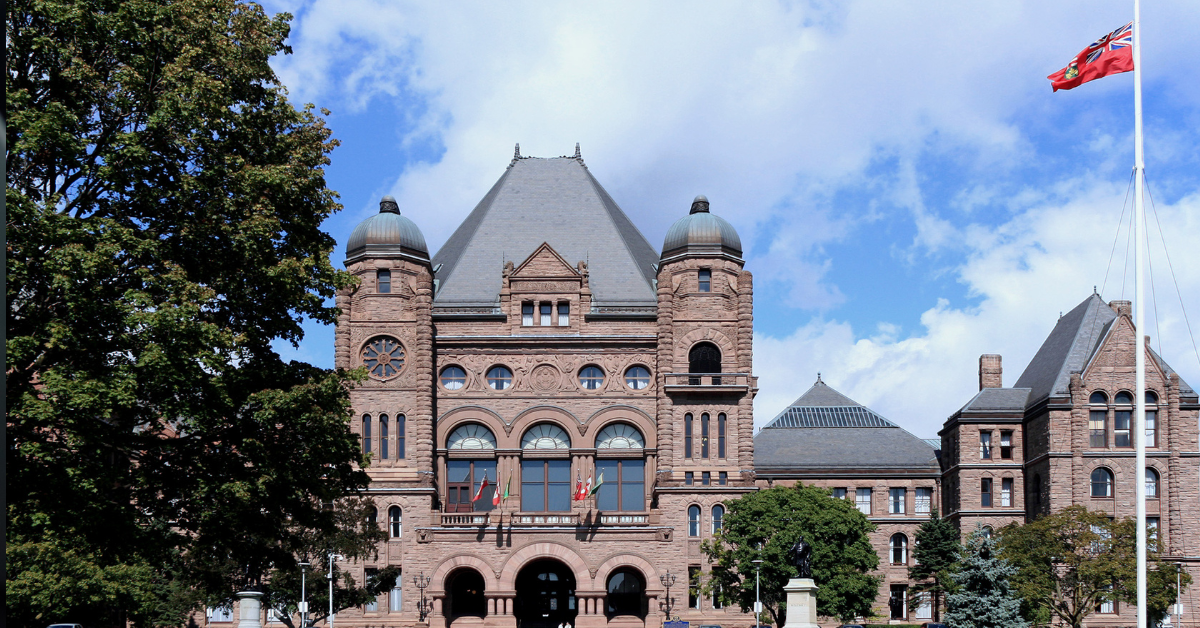Our Insights
Stay informed with Bateman MacKay’s latest insights. Our blog covers essential updates in tax code changes, accounting standards, and industry trends, along with important firm news. Designed for business owners, our insights provide the knowledge you need to navigate complex financial landscapes and make informed decisions for your business’s growth and success.


